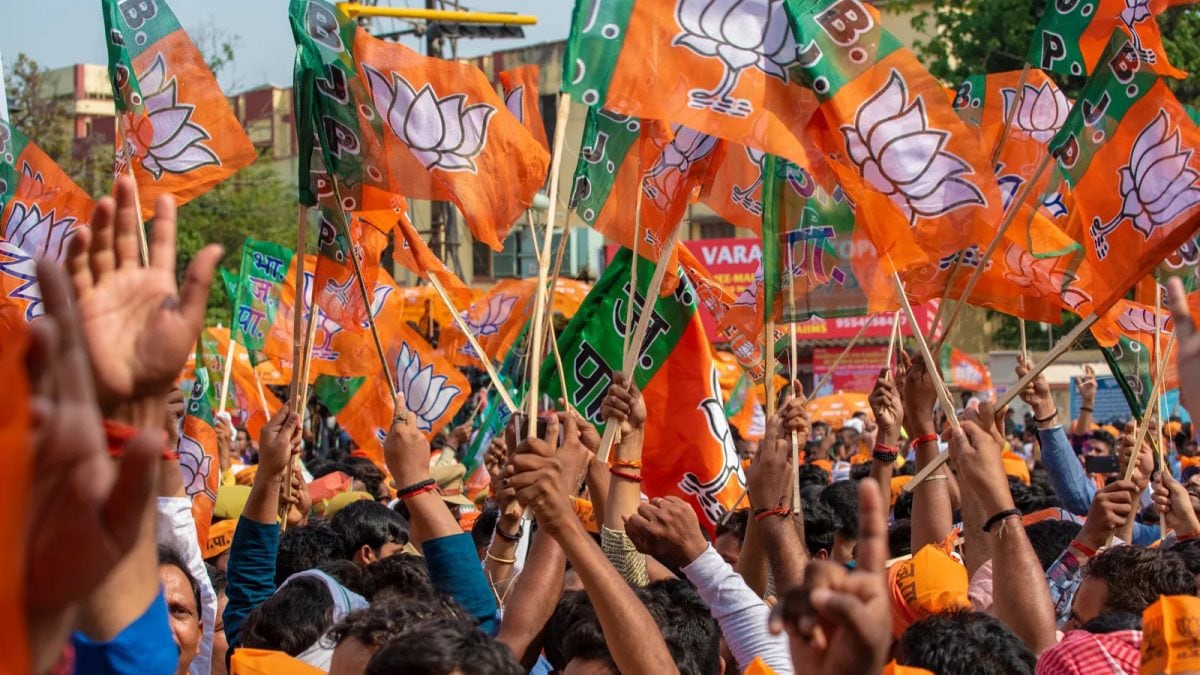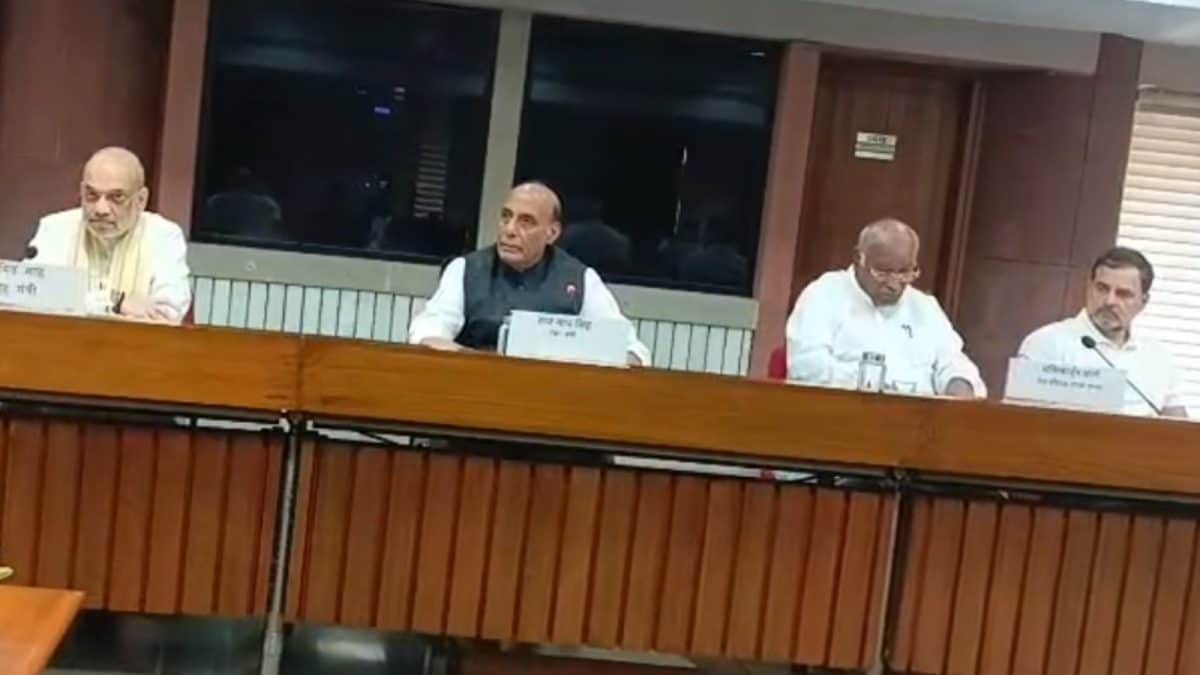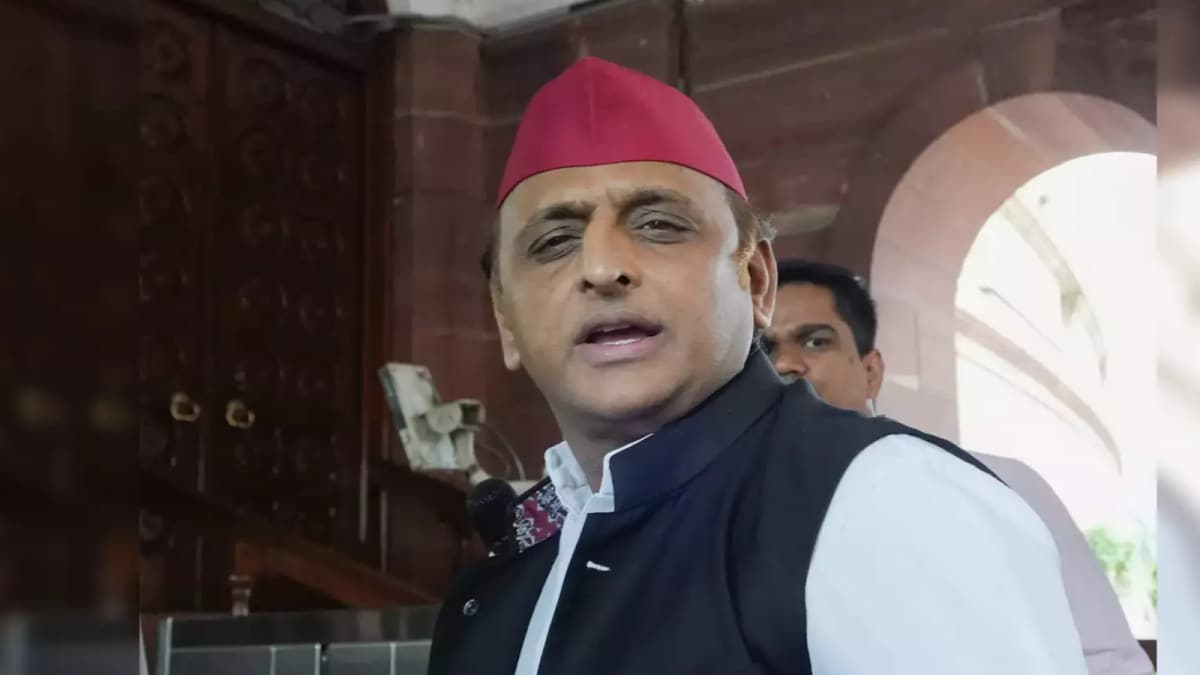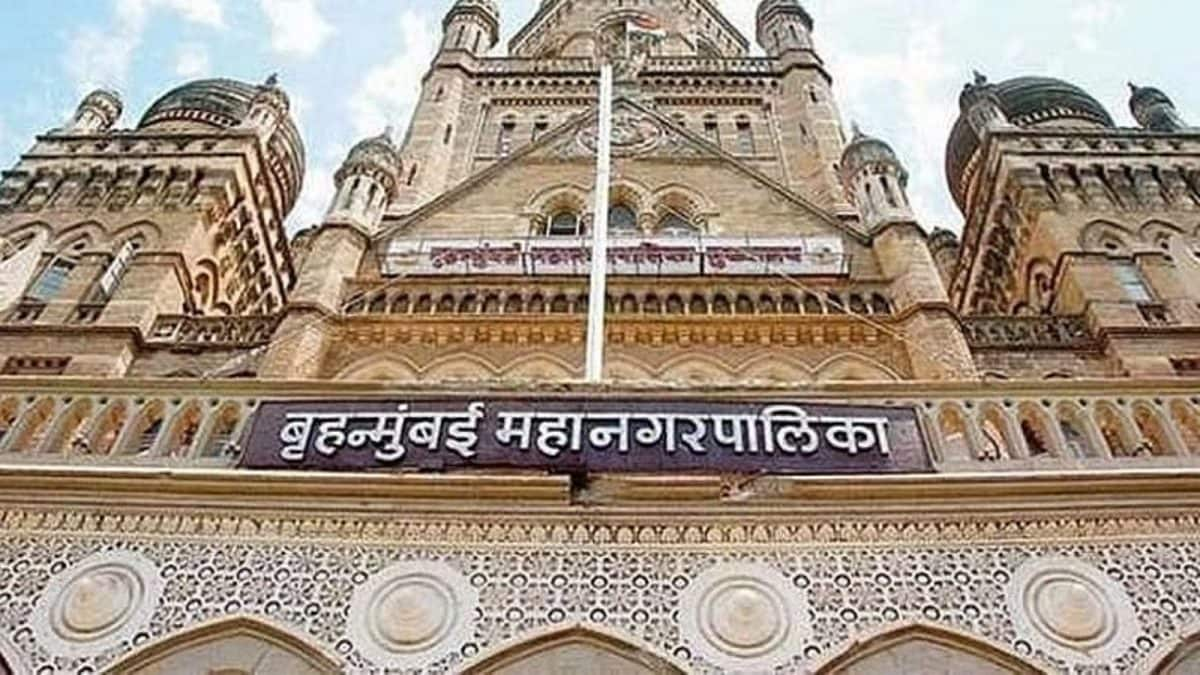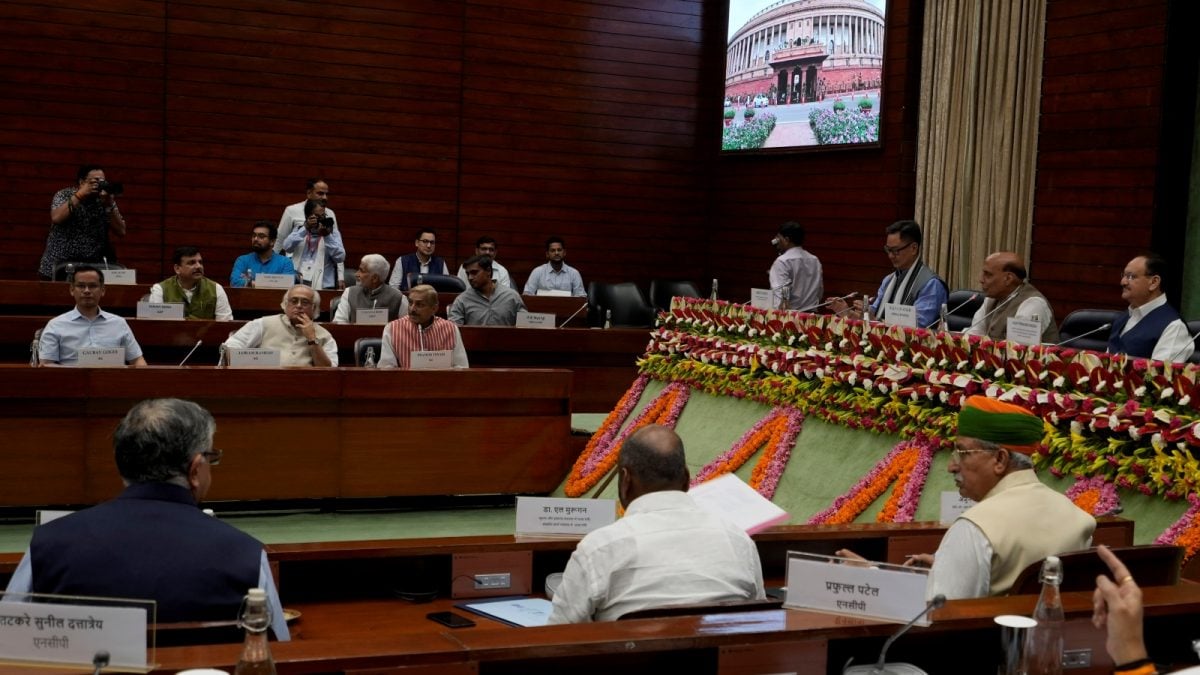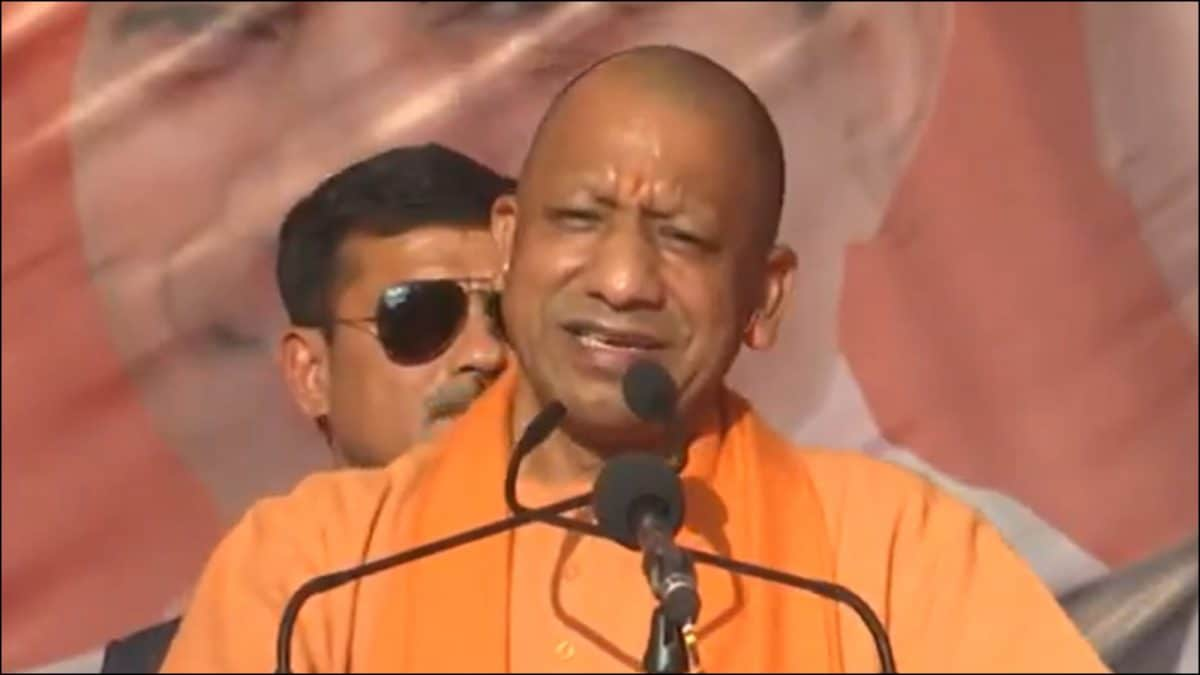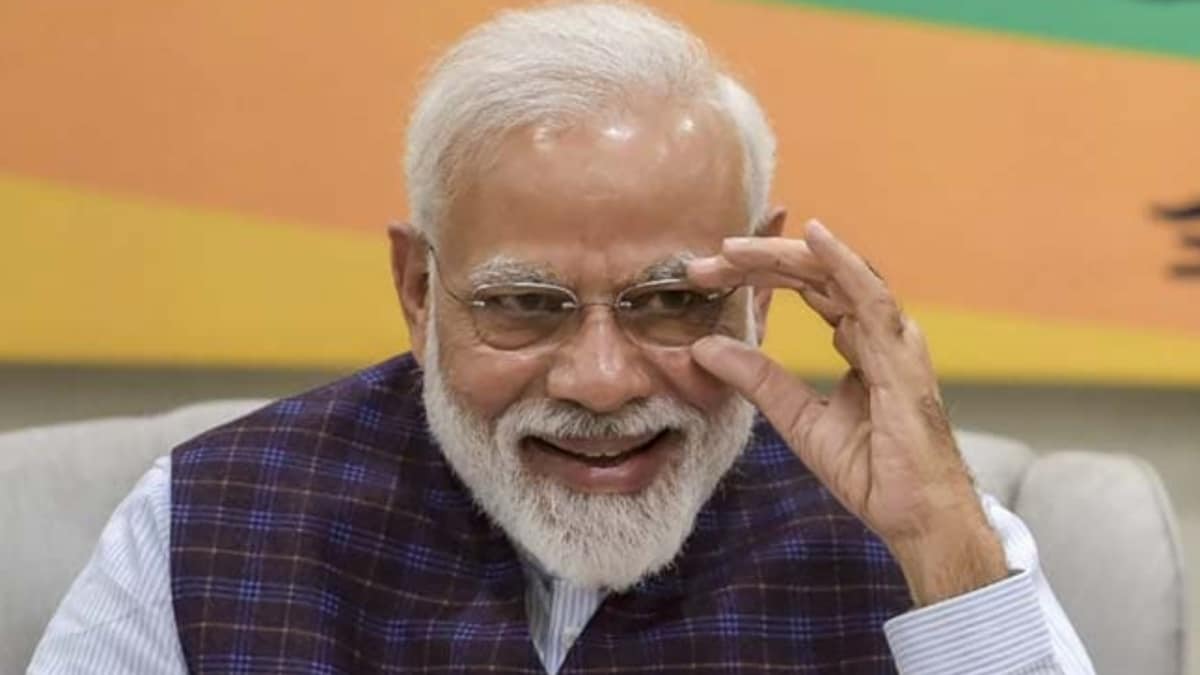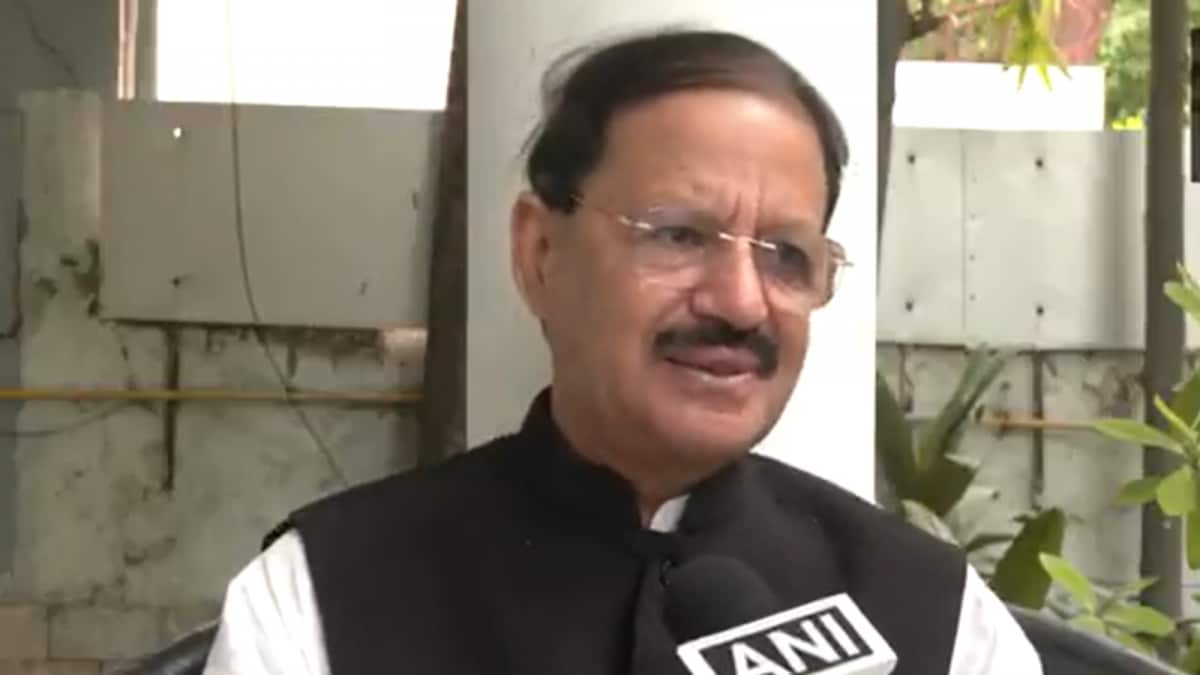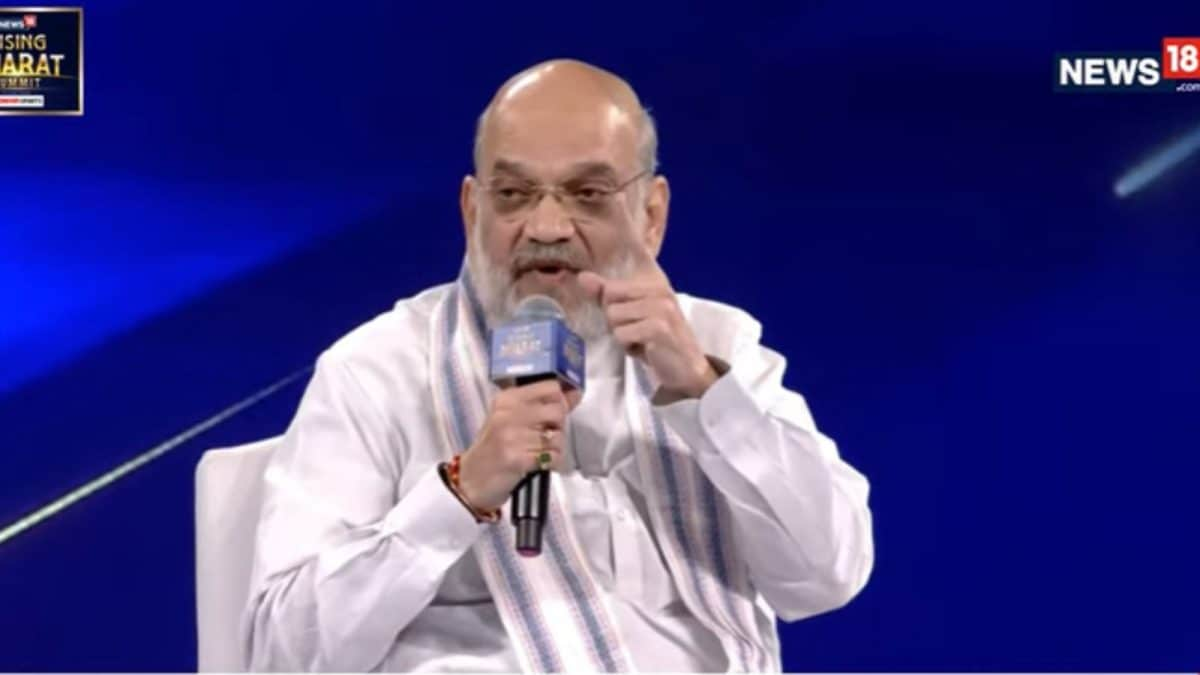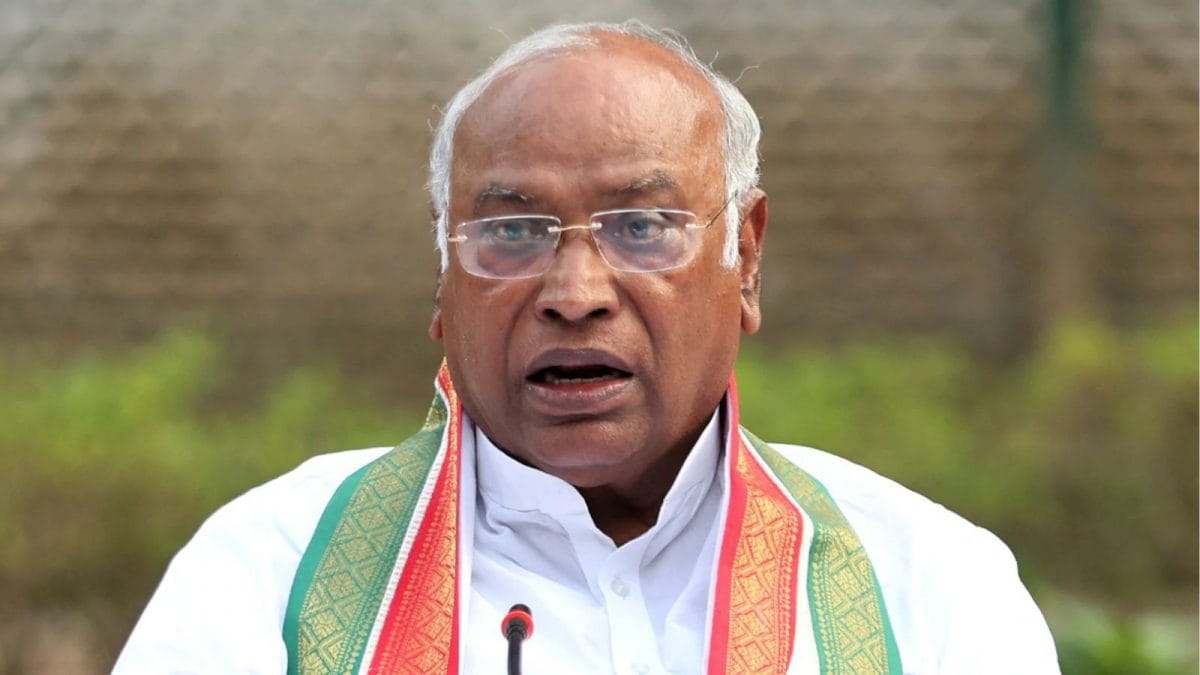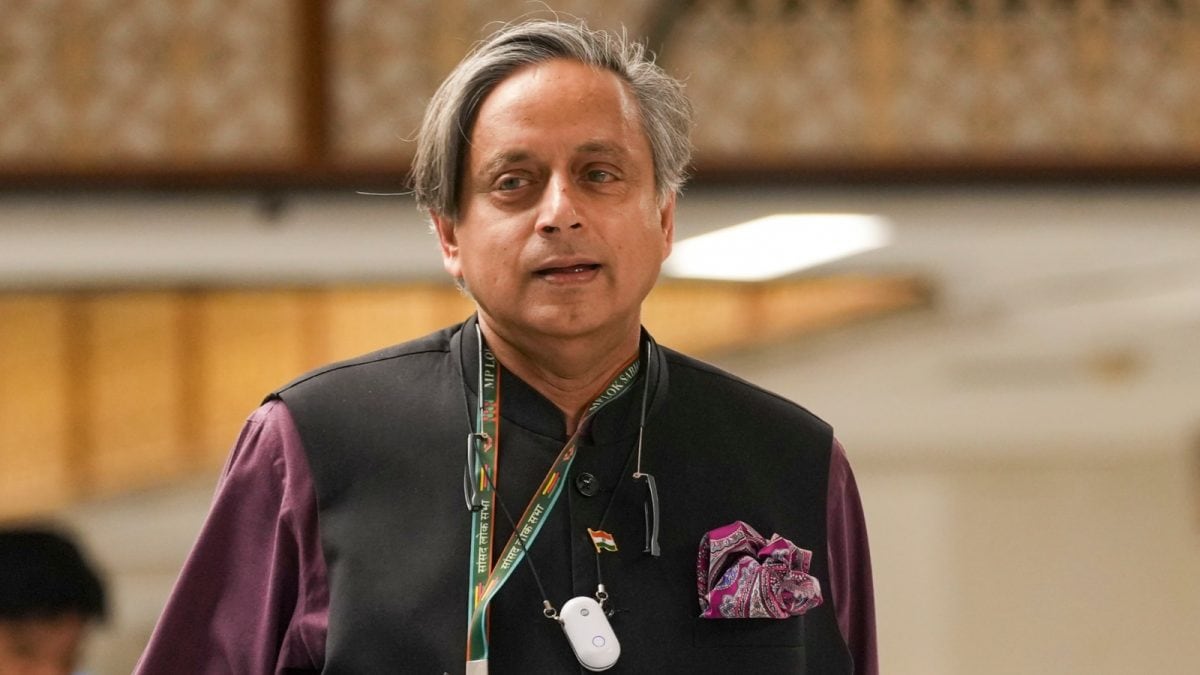Last Updated:April 03, 2025, 16:22 IST
Amid heightened security and political turmoil, the bill has now been tabled in the Rajya Sabha, where the battle over its fate has intensified

The Waqf Act, 1995 was enacted by the government to improve the administration and management of waqf properties. (File pic)
The country’s most populous state holds a majority of its Waqf properties. And, observers say, Uttar Pradesh stands divided over the proposed amendments to the Waqf Act. While the Bharatiya Janata Party and its allies are hailing it as a long-overdue reform, the opposition and several Muslim organisations see it as an attack on Waqf properties. Some religious leaders support the Amendment Bill, calling it a step towards transparency, even as others accuse the government of targeting a particular community. Amid heightened security and political turmoil, the bill has now been tabled in the Rajya Sabha, where the battle over its fate has intensified.
The Waqf (Amendment) Bill, 2025, was passed by the Lok Sabha early on Thursday morning as an intense 12-hour debate extended past midnight. The government, leveraging its numerical strength, secured the bill’s passage with a 288-232 vote, despite fierce opposition. The bill, which seeks to amend the Waqf Act, 1995, is now being discussed in the Rajya Sabha.
As the debate raged in Parliament, security was heightened in Uttar Pradesh, particularly in communally sensitive districts. A flag march was conducted in Varanasi, and the state government cancelled police personnel leave. Officials were directed to maintain law and order, with strict action promised against those attempting to disturb communal harmony.
Strong reactions from political and religious circles
The bill has sparked polarising responses from people from all walks of life, including politicians, religious leaders, and members of civil society organisations. Samajwadi Party chief Akhilesh Yadav criticised the bill, calling it a “distraction from more pressing issues". “The government first sold land belonging to the railways, then that of the armed forces, and now it wants to sell off Waqf land," he alleged.
The BJP Minority Morcha, in contrast, welcomed the bill. Its Uttar Pradesh chief Kunwar Basit Ali described it as a long-overdue reform benefiting backward sections, women, and different Muslim sects. “This is after 70 years that amendments have been introduced with consultation from over 1 crore people. The politics of appeasement won’t work now," he asserted.
Union minority affairs minister Kiren Rijiju, who tabled the bill, emphasised that it was not about religion but about ensuring transparency and better management of Waqf properties. “This legislation has nothing to do with faith; it only deals with properties. The objective is to eliminate corruption and ensure rightful use of Waqf land," he said.
Diverse opinions from religious leaders
The bill has divided religious leaders, with some seeing it as a necessary reform and others viewing it as an attack on Waqf institutions.
Maulana Khalid Rasheed Farangi Mahali, chairman of the Islamic Centre of India and member of the All India Muslim Personal Law Board (AIMPLB), expressed concerns, saying, “None of the objections raised by us were considered by the joint parliamentary committee (JPC). The bill violates Articles 14, 25, 26, and 29 of the Constitution. If passed in Rajya Sabha, we will challenge it legally."
However, Sufi Kashish Warsi, national president of the Indian Sufi Foundation, supported the bill, arguing that it would curb the influence of the “Waqf mafia". “The Waqf Board has been misused for years. Instead of benefiting the community, it has been exploited for personal gains. This bill will bring accountability and ensure that properties are used for the welfare of Muslims," he stated.
Similarly, Maulana Shahabuddin Barelvi, national president of All India Muslim Jamaat, reassured the community, saying, “Muslims have nothing to fear. Those engaged in vote bank politics are trying to create panic. The biggest losers are the land mafia that has been illegally occupying Waqf properties."
On the opposing side, Maulana Tauqeer Raza, president of the Ittehad-e-Millat Council, accused the government of attempting to “appease a particular religion" and claimed that the bill was a pretext to seize Waqf land. “Yes, there are flaws in the Waqf Board, but the solution is reform, not government intervention to take over our properties," he said.
Heightened security in Uttar Pradesh
Given the contentious nature of the bill, an alert has been issued across Uttar Pradesh, particularly in districts like Muzaffarnagar, Rampur, Meerut, and Moradabad, known for their history of communal tensions.
A senior police official confirmed that all precautionary measures had been taken, including intensified patrolling and surveillance. “We will not allow anyone to disturb peace. Those attempting to incite violence will face strict action," he said.
In Lucknow, BJP workers from the Minority Morcha celebrated the bill’s passage in the Lok Sabha by distributing sweets, signaling their endorsement of the proposed reforms.
Opposition plans next move
Opposition parties, including the Congress and Samajwadi Party (SP), have vowed to resist the bill in the Rajya Sabha. Akhilesh Yadav reaffirmed that the SP would not let the bill pass unchallenged. Meanwhile, the All India Muslim Personal Law Board (AIMPLB) is preparing to appeal against the legislation in court should it clear both Houses.
“Our legal experts have identified multiple loopholes in the amendments. We are confident the Honourable Court will provide justice," said Maulana Khalid Rasheed.
What next?
With the bill now in the Rajya Sabha, all eyes will be on whether the opposition can block its passage or if the ruling party’s majority and alliances will secure its approval.
If passed, it could mark a significant shift in how Waqf properties are managed in India, potentially impacting millions of acres of land under Waqf boards across the country.
Location : First Published:April 03, 2025, 16:22 IST
News india 'Necessary Reform' Vs 'Targeting Muslims': UP Divided Over Waqf Bill

 1 month ago
1 month ago

